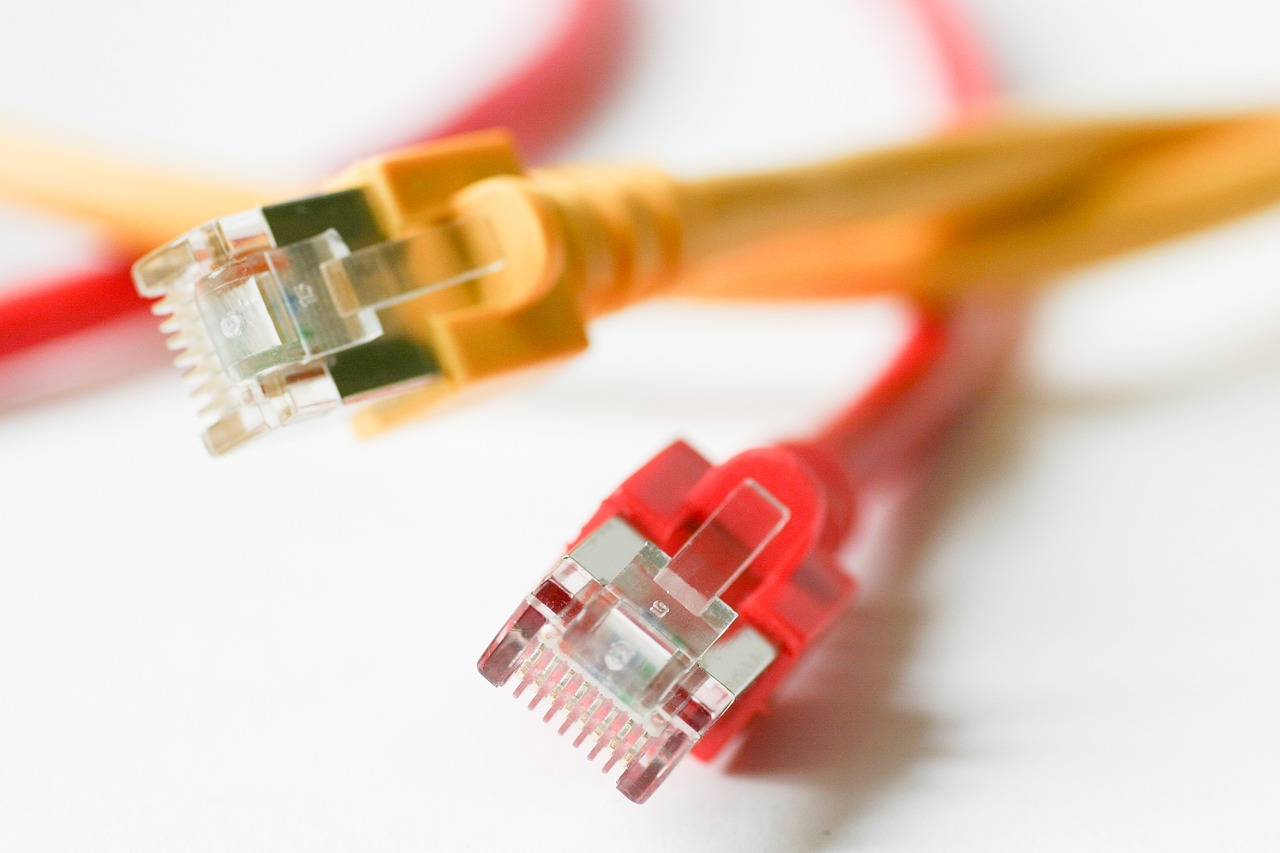Sign language interpretation for clinics is an essential service especially in industries requiring face-to-face human interactions. Medical clinics and hospitals are just some of the establishments that may require the services of a sign language interpreter to assist patients and clients who may have hearing disabilities. Interested in a career in this field? Read on to learn more.
Why Medical Clinics Need a Sign language Interpreter
There is a need for medical care workers and doctors to master sign language because they are expected to explain medical procedures and conditions to patients, including those who are hearing-impaired, in a clear and understandable way. However, not all doctors have the time to master the basics of sign language and this is where the service of a sign language interpreter can come in handy.
A sign language interpreter can work in a health care clinical setting, providing interpretation service to facilitate smoother communication between doctors and nurses and their patients.
Educational Requirements
Most ASL interpreters have a bachelor’s degree but you can still work for your specialized ASL certificate or degree with a high school diploma. There are many community colleges and universities that offer ASL certificates and degree programs for ASL interpretation, with a high school diploma as the minimum requirement for applicants. Specialized certificates may offer a basic foundation in sign language interpretation, while bachelor’s courses may offer other related topics such as training in deaf culture, linguistics and semantics, finger spelling, psychology, and even medical sign language interpretation. These courses may be coupled with on-the-job training to provide students with actual experience and to assess their competencies and skills.
Licensing Requirements
States vary in the licensing requirements for sign language interpreters in the health care setting. Many states require interpreters working for a fee to have a license, excluding those who work in religious settings or those who work in basic education, whose licenses are provided by the Department of Education. Additional requirements may be present depending on the kind of health clinic or medical facility you want to work for. If you want to work in a clinic or hospital as a sign language interpreter, look up the specific requirements for this position in your state.
Sign language interpretation for clinics is a rewarding job that allows you to help hearing-impaired individuals communicate better in a health care setting. With the right training and proper licensing, you can build a fulfilling career in sign language interpretation.











